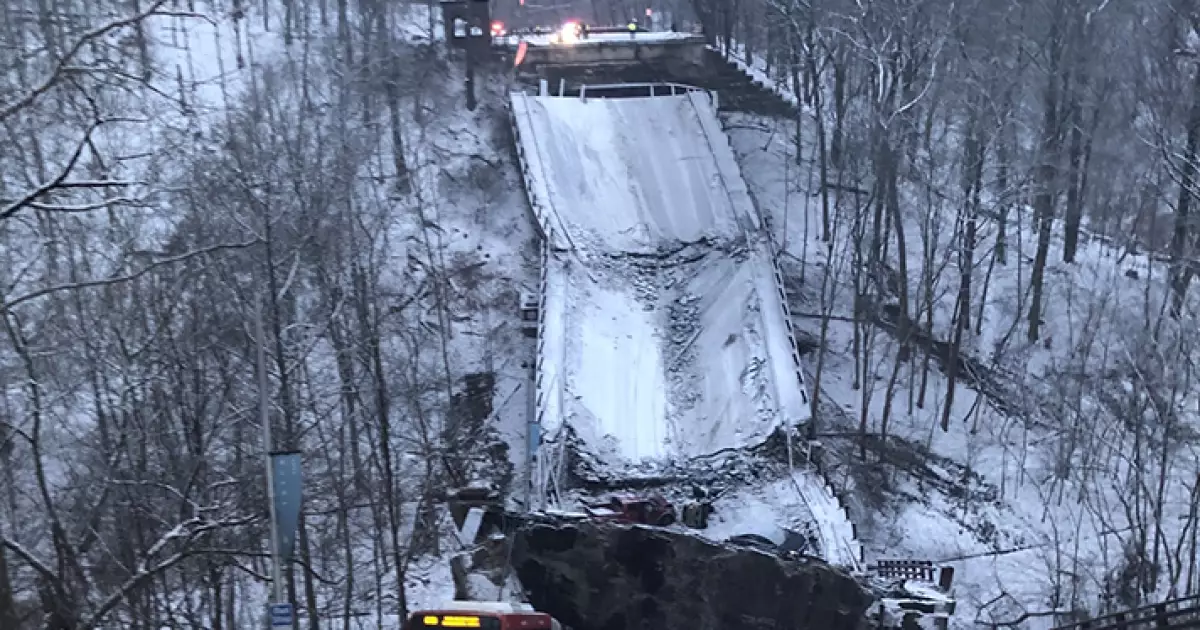The Pennsylvania Department of Transportation has set a deadline of the end of April for the private sector to submit unsolicited proposals for transportation projects. The Office of Public-Private Partnerships at PennDOT is known for being one of the most active P3 state DOT agencies in the country, accepting bids twice a year in April and October. Companies are encouraged to submit proposals that offer innovative solutions for delivering transportation projects across various modes, including roads, bridges, rail, aviation, and ports. The aim is to find more efficient models for managing existing transportation-related services and programs.
The submission period covers PennDOT-owned infrastructure, assets, and services, but private entities can also propose projects for non-PennDOT-owned assets directly to the seven-member P3 board responsible for reviewing and approving potential public-private transportation projects. Proposals undergo a thorough review by PennDOT’s P3 office before being presented to the board for consideration. In the past, proposals have included projects like the I-83 Capital Beltway program, which involved the progressive delivery of infrastructure under multiple design-build-finance contracts.
PennDOT currently has four active P3 programs, the most notable being the Major Bridges program with a budget of $2.5 billion. This program focuses on replacing or rehabilitating major interstate bridges in the state. In addition, the Rapid Bridge Replacement project, totaling $889 million, aims to replace 558 structurally deficient bridges across Pennsylvania. This project, considered the first of its kind in the country, bundles multiple bridge replacements under a single P3 agreement.
In response to a court ruling that prevented PennDOT from tolling bridges to fund projects, lawmakers revised the P3 law in July 2022. The changes limited PennDOT’s ability to impose tolls and user fees on new infrastructure projects. As a result, PennDOT had to find alternative funding sources to move forward with the Major Bridge program. Despite the challenges, PennDOT proceeded with the projects using existing funds and partnering with private entities for financing over a 35-year period.
Pennsylvania’s P3 law was enacted in 2012 to facilitate collaboration between the public and private sectors in delivering transportation projects. Over the years, the legislation has evolved to address funding constraints, legal challenges, and the growing demand for innovative project delivery methods. The state continues to explore new opportunities for public-private partnerships to improve transportation infrastructure and services for residents and businesses alike.

